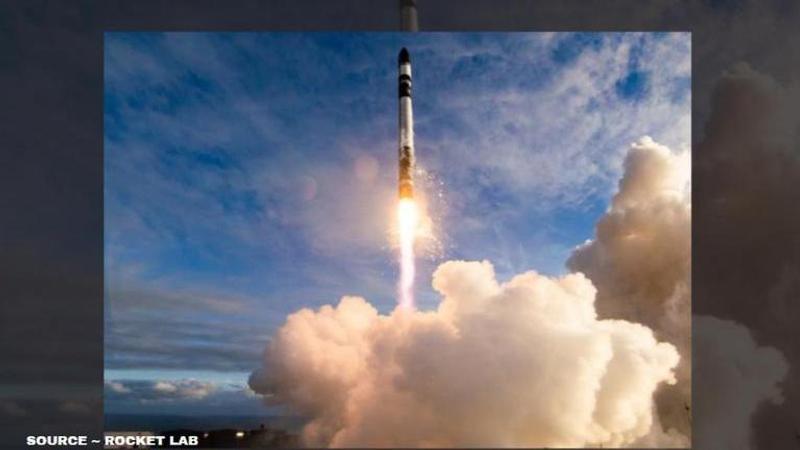Published 18:28 IST, July 6th 2020
Rocket Lab Electron launch failure causes loss of rocket in few minutes after 'anomaly'
Rocket Lab Electron launch failure has incurred the loss of the rocket and the satellites it was carrying with it. Here is all about it & what the company said

The Rocket Lab's recent mission was unsuccessful due to an as-yet-unknown rocket failure right after its launch. According to reports, the Electron rocket experienced some kind of “an anomaly”. This resulted in the loss of the vehicle including few satellites that it carried on board.
Rocket Lab Electron launch failure in few minutes in mid-air
On Saturday, Rocket Lab's 13th mission to send satellites into space failed because of some unknown technical problem. Initially, the Electron rocket successfully took off from Rocket Lab’s primary launch facility on the Mahia Peninsula in New Zealand at 5:19 PM ET. The reports say that the rocket took off just fine, however, in about six minutes into the launch, live video from the rocket was hindered. During this time, the Livestream from Rocket Lab revealed that the rocket started to lose speed, and the rocket dropped in altitude. However, it is said that Rocket Lab cut the Livestream and later on, the company revealed that the Electron rocket had been lost during the flight. The organisation also mentioned that a still-unidentified issue occurred about four minutes into the flight.
Apologizing for the failure, Rocket Lab CEO Peter Beck said in a press statement: “We are deeply sorry to our customers Spaceflight Inc., Canon Electronics Inc., Planet, and In-Space Missions for the loss of their payloads”. He continued by saying, “We know many people poured their hearts and souls into those spacecraft. Today’s anomaly is a reminder that space launch can be unforgiving, but we will identify the issue, rectify it, and be safely back on the pad as soon as possible”.
Also Read | NASA Findings Suggest More Metal On Moon Than Thought, Could Aid Lunar Formation Theories
The CEO also appreciated the launch team for handling the situation safely and with “professionalism”. The mission was named as “Pics Or It Didn’t Happen,” and it carried mostly Earth-imaging small satellites such as Canon Electronics’ CE-SAT-IB, designed to display Earth-imaging technology with high-resolution and wide-angle cameras. Apart from this, the rocket also carried five SuperDove satellites from the company Planet, designed to image Earth from above. Lastly, the mission also consisted of a small satellite called Faraday-1, from In-Space Missions, which hosted various instruments from startups and other organizations that needed a ride to space.
Will Marshall, Planet’s CEO also announced the loss of the satellites on Twitter. He revealed that the organisation has plans to launch even more satellites this summer on two separate launches. In a press statement, Planet mentioned that “While it’s never the outcome that we hope for, the risk of a launch failure is one Planet is always prepared for”. According to the reports, the organisation is about to launch up to 26 of its SuperDove satellites from South America on a European Vega rocket in August.
All Images ~ Rocket Lab
Updated 18:28 IST, July 6th 2020







